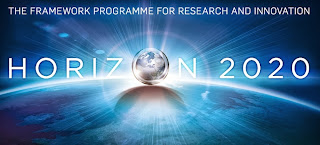Deadline 14th February 2014

The Global objective of this Call for Proposals is to contribute to the achievement of the Millennium Development Goals (MDG) on poverty alleviation, as well as of the World Summit on Sustainable Development (WSSD) objectives on energy, while helping to fight against climate change.
The Specific objective of this Call for Proposals is to increase and improve access to modern, affordable and sustainable energy services for rural and peri-urban poor by focusing on renewable energy solutions as well as on energy efficiency measures.
1. Reduce Fragility, Post-conflict recovery: actions iwill specifically target areas affected by post-conflicts impacts and/or natural hazards (such as droughts, floods, etc.) impacts. Will be considered for funding only actions providing access to energy services to not less than 10,000 people by the end of the project duration whilst priority will be given to projects demonstrating higher efficiency through providing access to a higher number of people.
2. Geographical Focus: concentrate on the target group, i.e. poor people living in scattered settlements, villages, rural areas of the following target countries: Burundi, Central African Republic, Liberia, Mali and Somalia.
3. Ownership: anchor ownership of a project to the beneficiary and to ensure the coherence and alignment of the project with Local, National or Regional Development Plans and other sector-specific, poverty reduction and energy-related policies.
Budget € 15,000,000. The initial planned duration of an action shall not exceed 48 months.
For further information, please contact us









